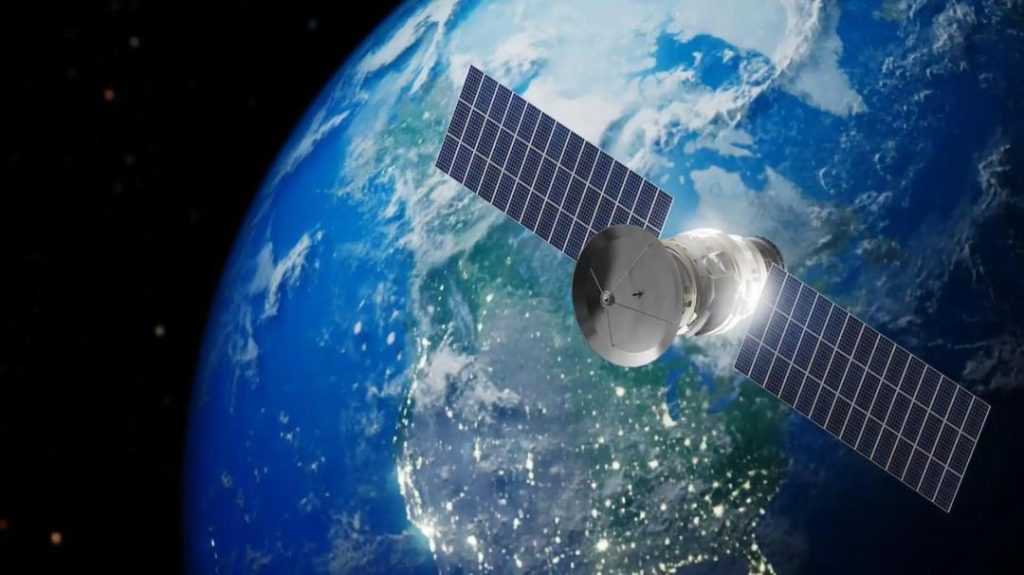
What are Space Pirates & How Can Satellites be Secured from Them?
As we venture further into the vast expanse of space, the notion of space pirates may seem like a relic of science fiction. However, in today’s digital age, space piracy is a very real threat to our man-made satellites. Space pirates are individuals or groups that attempt to attack and steal data from satellites, either virtually or physically, using various methods. This menace poses a significant challenge to countries and companies that own and operate satellites, as it can have severe consequences for global communication, navigation, and even national security.
What is Space Piracy?
Space piracy is a relatively new concept, and it’s essential to understand the methods used by these individuals. There are two primary forms of space piracy: virtual piracy and physical piracy.
Virtual piracy involves hacking into satellite systems, stealing data, and disrupting communication networks. This can be done through the exploitation of vulnerabilities in satellite software or by intercepting satellite signals. Virtual pirates can cause significant damage by disrupting critical infrastructure, such as financial networks or emergency services.
Physical piracy, on the other hand, involves attacking satellites directly. This can be done through the use of missiles, lasers, or other forms of kinetic energy. Physical pirates aim to steal valuable resources, such as data or even the satellite itself, which can be used for nefarious purposes.
The Threat of Space Piracy
The threat of space piracy is real, and it’s not just a matter of theoretical concern. In recent years, there have been several high-profile cases of space piracy, including the hacking of a satellite in 2018 by a group of Russian hackers. This attack resulted in the theft of sensitive data and highlighted the vulnerability of satellite systems to cyber threats.
Moreover, the rise of commercial satellite operators has created new opportunities for space pirates. As more companies invest in satellite technology, the value of these assets increases, making them attractive targets for thieves. The consequences of space piracy can be catastrophic, including the disruption of critical infrastructure, loss of data, and even the destruction of satellites.
Securing Satellites from Space Pirates
Given the growing threat of space piracy, it’s essential for countries and companies to build multi-layered security systems to protect their satellites. This includes:
- Ground-to-Space Operations: Developing advanced ground stations and control centers to monitor and respond to space piracy threats in real-time.
- Cybersecurity Measures: Implementing robust cybersecurity measures, such as encryption and firewalls, to prevent virtual piracy attacks.
- Physical Security: Installing physical security measures, such as anti-missile systems, to prevent physical attacks on satellites.
- International Cooperation: Collaborating with other countries and organizations to share intelligence and best practices in space piracy prevention.
Quick Space Travel for Rapid Response
Experts agree that the key to securing satellites from space pirates is to devise methods of quick space travel to ensure rapid response to physical acts of piracy. This can be achieved through the development of advanced propulsion systems, such as nuclear propulsion or advanced ion engines.
Quick space travel would enable response teams to rapidly deploy to the scene of a piracy attack, reducing the window of opportunity for pirates to cause damage. Additionally, advanced propulsion systems would enable the deployment of autonomous defense systems, such as satellites or drones, to intercept and neutralize piracy threats.
Conclusion
Space piracy is a growing threat to the security and stability of our satellite infrastructure. As we continue to rely on satellites for critical communication, navigation, and national security, it’s essential that we take proactive measures to prevent and respond to piracy attacks.
By building multi-layered security systems, incorporating ground-to-space operations, and developing methods of quick space travel, we can secure our satellites and protect our interests in space. The time to act is now, and we must work together to prevent the scourge of space piracy from disrupting our global community.
Source:






